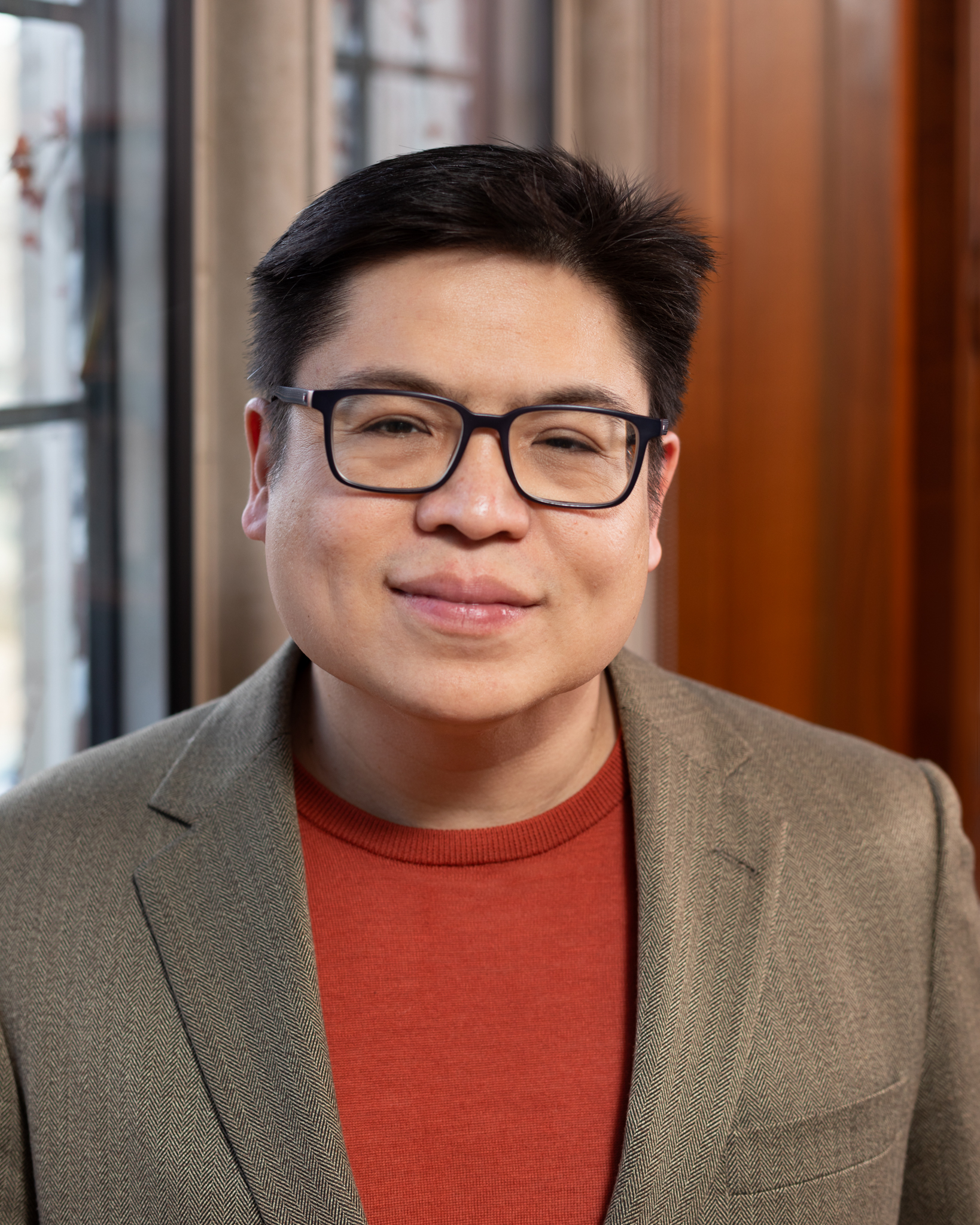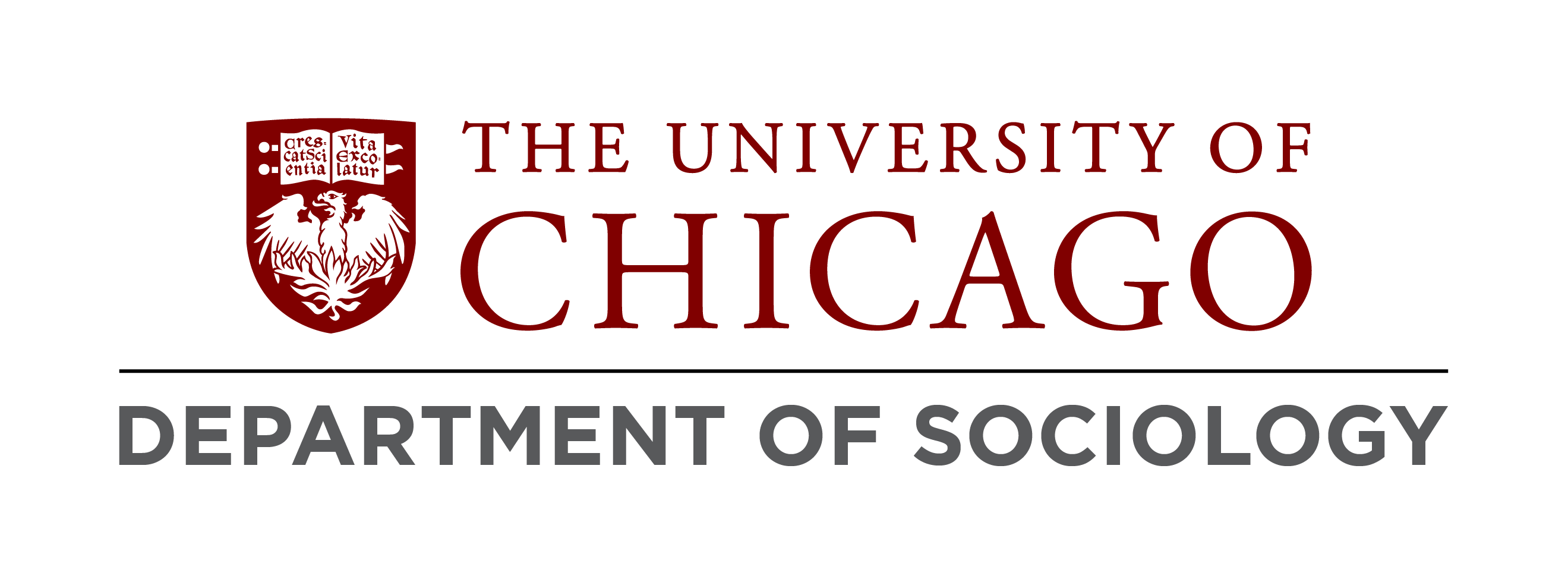
I am a political and urban sociologist who does research on democracy, corruption, social inequality, and segregation primarily in the context of the Philippines, although I’ve also written about Singapore, Cambodia, and the United States.
I have a number of ongoing projects. I’m currently writing a book on corruption, politics, and the politics of knowledge mainly in the Philippines (but also Singapore and Cambodia too for a part of it). The book is part of a broader project of understanding corruption as a socially and historically embedded phenomenon—one inextricable from politics and the politics of knowledge. My collaborators and I have an edited volume forthcoming with Cambridge University Press called A Comparative Historical Sociology of Corruption.
I’ve also collected the data for another book, an ethnography of democracy in the Philippines. The focus here is on people’s experience of democracy and how it has changed over time with the aim of better explaining the country’s “illiberal turn” of late. Broadly, I’m interested in charting a sociology of politics as distinct from both political science and political sociology. It's an approach to politics as embedded in social structures and history.
Finally, I’m editing a volume on historical and ethnographic approaches to Philippine politics. The aim is to challenge prevailing conceptualizations of Philippine politics around a set of “bad words” (oligarchy, patronage, corruption).
My previous work examined the relationship between the urban poor and middle class in Manila as located in slums and upper- and middle-class enclaves. I sought to connect this relationship with urban structure on the one hand and political dissensus on the other. In the process, I highlighted the role of class in shaping urban space, social life, and politics. I wrote a book on the topic called The Patchwork City.
Recent Research / Recent Publications
Marco Garrido. (2019). The Patchwork City: Class, Space, and Politics in Metro Manila. University of Chicago Press.
Garrido, Marco, Marina Zaloznaya, and Nicholas Hoover Wilson, eds. In press. A Comparative Historical Sociology of Corruption. Cambridge University Press.
Garrido, Marco. In press. “The Prison of Misrecognition: The Epistemic Struggle against ‘Bad Words’ in Philippine Politics.” Sociological Theory.
Garrido, Marco. 2025. “The Postcolonial Reconstruction of the Chicago School in Manila.” The American Sociologist. https://doi.org/10.1007/s12108-025-09652-8.
Garrido, Marco. 2025. “A Thousand Years of Corruption: A History of Corruption and Anti-Corruption in the Philippines since 1946.” Comparative Studies in Society and History 67(3). https://doi.org/10.1017/S001041752500009X.
Garrido, Marco. 2024. “Rodrigo Duterte as “the Trump of Asia”? The Limits and Pitfalls of Thin Comparison.” American Behavioral Scientist 68(13):1703-20. https://doi.org/10.1177/00027642241268329.
Garrido, Marco. 2024. “The Spatial Organization of Inequality.” American Journal of Sociology 129(6):1579-1617. https://doi.org/10.1086/730069.
 THE UNIVERSITY OF CHICAGO
THE UNIVERSITY OF CHICAGO

